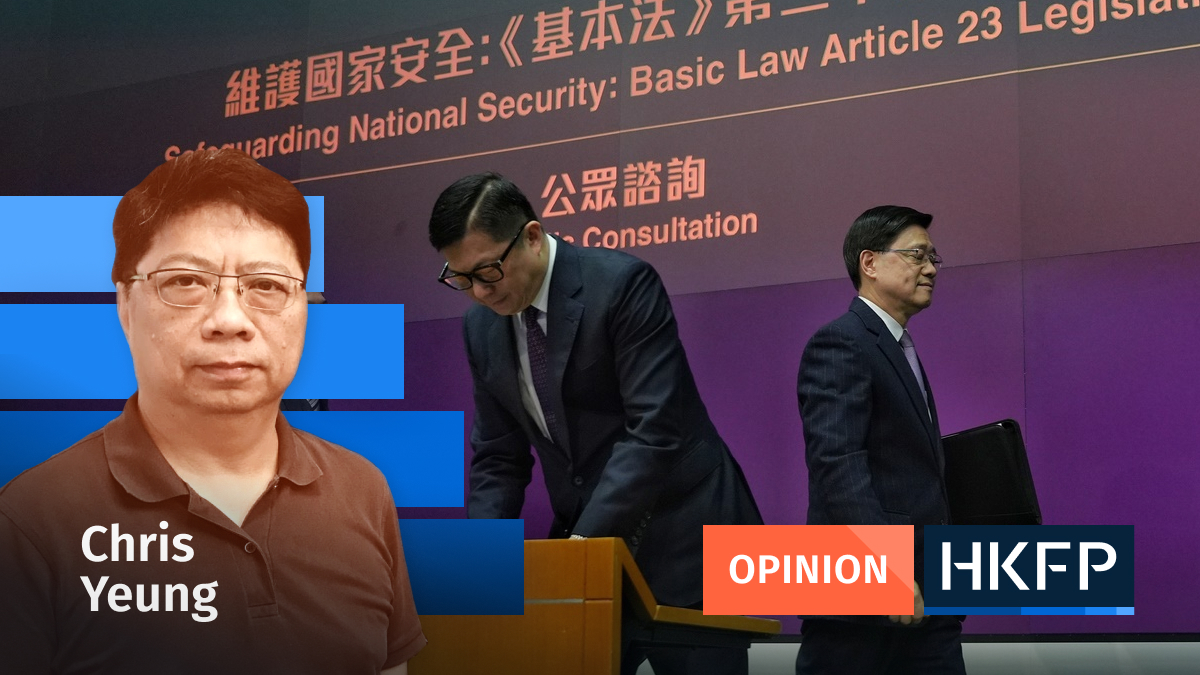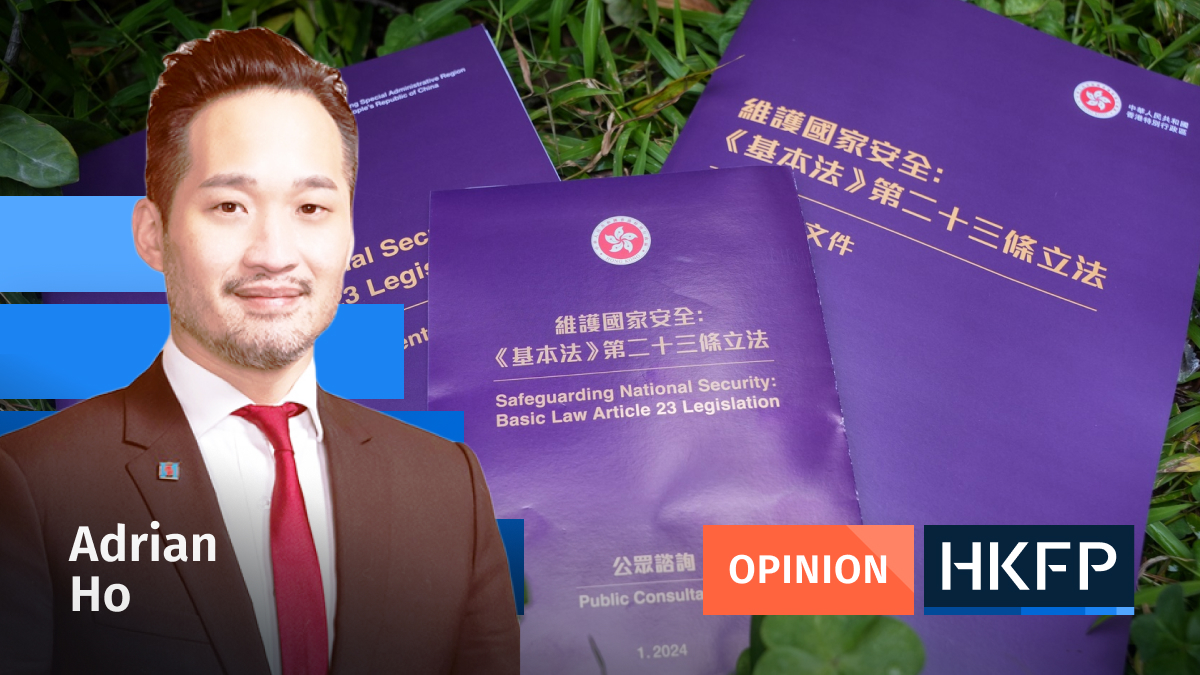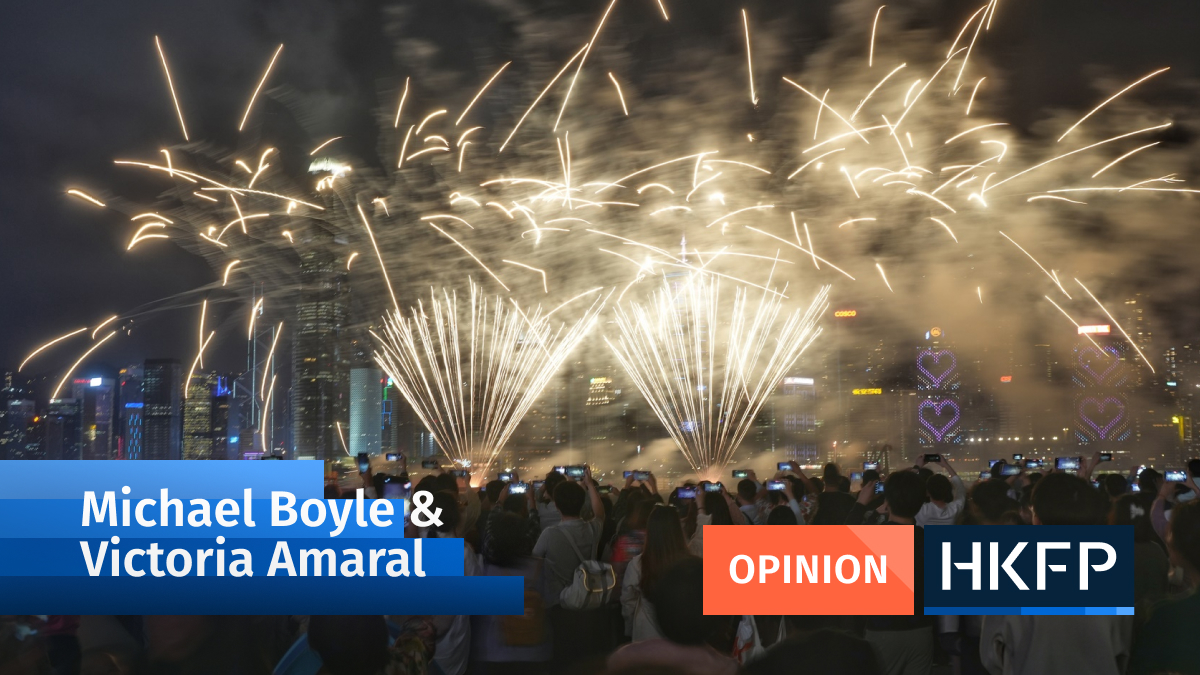Tanya Chan, former legislator and former barrister, has been censured by the disciplinary committee of the Bar Association for “bringing the profession into disrepute” in two speeches made in 2014 to pro-democracy Umbrella Movement protesters. That is a long time ago. Over the proceedings hangs a familiar smell.
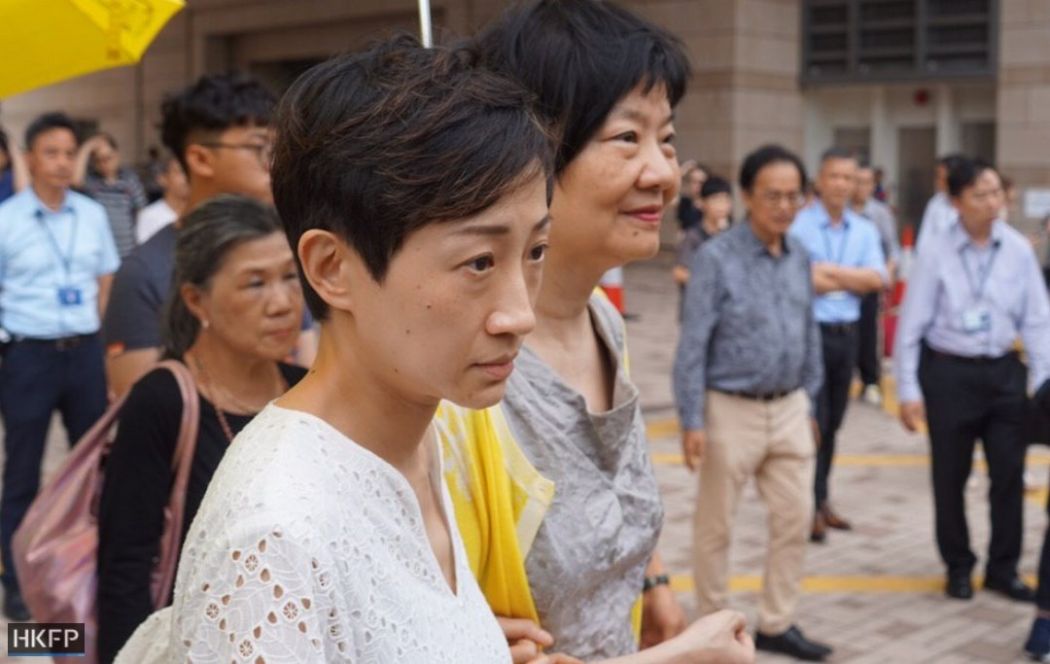
Many will find it surprising that the Bar Association seems to have overlooked a worrying possibility: that any harm to the profession’s repute accruing from Ms Chan’s oratorical indiscretions will be outweighed by the harm caused by the appearance that this is a voluntary contribution to the government’s efforts to throw any legal brick it can get its hands on at anyone who – in the dim and distant days when Hongkongers thought they could say what they liked – called for more democracy.
We all understand that legal proceedings — especially those involving any kind of prosecution – move very slowly. Consequently, it may well be that lawyers have a different sense of time from the rest of us. Even so, the anonymous complainant – in this case – seems to have been extremely dilatory.
The speeches complained of were made in 2014. No prosecution ensued until 2017. In the meantime, a complaint could have been made, and was not. Ms Chan and others were then charged with variations of incitement to commit a public nuisance. The matter thus became sub judice, so a complaint would no doubt have been postponed anyway. In 2019, however, verdicts were returned and the matter became discussable again, although Ms Chan was not sentenced until the following year for medical reasons.
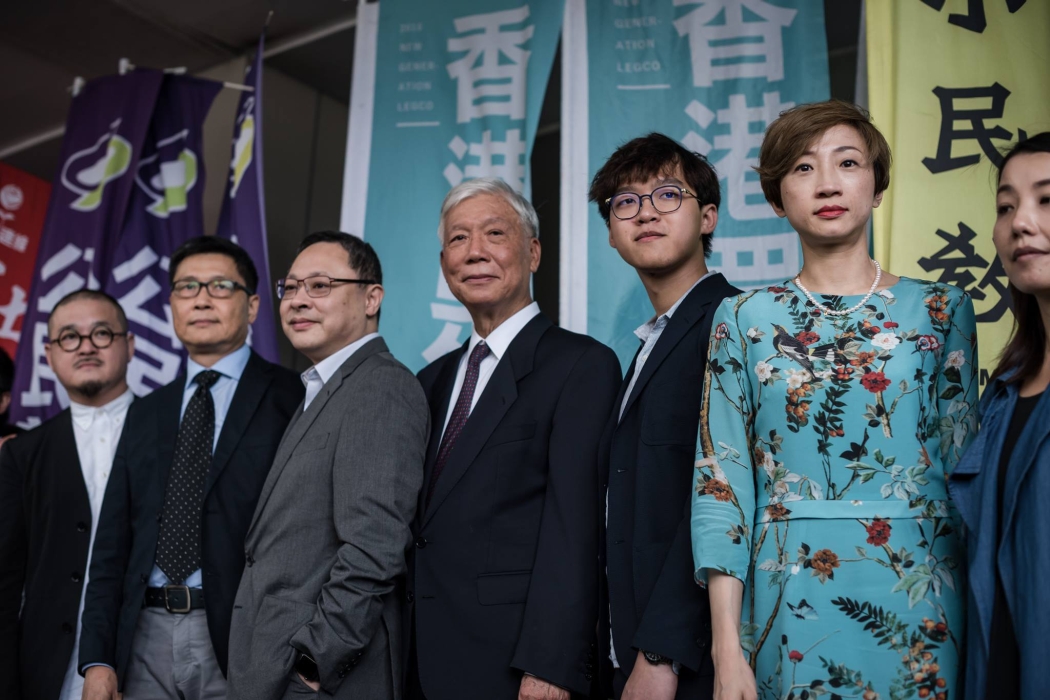
There ensued another three years in which the complainant could have come to the rescue of the profession’s reputation. In 2021, Ms Chan emigrated to Taiwan, which you might think would render the proceedings pointless.
On the other hand, in January 2022, a new regime took over at the Bar Association after bitter complaints from government supporters about its predecessors. The new regime promised “no politics,” which usually means politics of a different kind. The complaint was filed the following August.
In short the complainant, we are asked to believe, waited eight years, in six of which a complaint could have been dealt with promptly, before the urge to protect the profession’s reputation became overwhelming.
We are not told who the complainant was; the prosecution was on behalf of the Bar Council. At best, it appears that the complainant waited until he or she thought the political winds had changed and a complaint might be more warmly received. At worst, this looks like a deliberate bid to test whether the new leadership of the Bar has got the drift of the times.
I note with amazement that one of the counts against Ms Chan was that she “did nothing to warn the audience of their potential legal liabilities,” which must surely be the first time a lawyer has been punished by her colleagues for not giving legal advice for which she had not been paid. As it happens, none of the audience were prosecuted, so the potential legal liabilities remain – well, potential.

Also on the financial front, Ms Chan will not be much inconvenienced by a formal censure, since she is neither practising nor living in Hong Kong. However, connoisseurs of legal costs will cherish a fine specimen of comprehensive billing: Ms Chan was ordered to pay HK$140,000 costs of the action to the Bar Council.
This seems rather a lot for a case in which the defendant effectively pleaded guilty and the facts could be lifted from the previous court case over the same matter. This is, after all, not a major complaint: there is no aggrieved client, no denunciation of incompetence from a disgusted judge, no missing money.
Anyway, there we are. The question which then arises is how long and how far the effort by the government and its fans to dig up legal brickbats they can throw at retired democratic politicians will go.
Are we going to follow in the footsteps of Pope Stephen VI, who in 897 had the body of his deceased predecessor dug up and put on trial, with a hapless Deacon conscripted to the role of defence counsel to a silent and presumably rather smelly client?

Will there be international snatch squads, like those who roamed Europe on behalf of Charles II, hunting for the people who had signed his father’s death warrant?
The rule of law is not just a matter of whether you have the people and machinery. It is also a matter of the uses to which they are put. Contemplating the rise of the dictators in Europe in the 30s, the American judge Richard Posner noted the “extraordinary plasticity of legal rhetoric, which enables a clever judge to find a plausible form of words to clothe virtually any decision, however barbarous.”
Of course that is not the kind of thing that could happen here. Is it?
Support HKFP | Policies & Ethics | Error/typo? | Contact Us | Newsletter | Transparency & Annual Report | Apps
| HKFP is an impartial platform & does not necessarily share the views of opinion writers or advertisers. HKFP presents a diversity of views & regularly invites figures across the political spectrum to write for us. Press freedom is guaranteed under the Basic Law, security law, Bill of Rights and Chinese constitution. Opinion pieces aim to point out errors or defects in the government, law or policies, or aim to suggest ideas or alterations via legal means without an intention of hatred, discontent or hostility against the authorities or other communities. |
Help safeguard press freedom & keep HKFP free for all readers by supporting our team

More HKFP OPINION:
HKFP has an impartial stance, transparent funding, and balanced coverage guided by an Ethics Code and Corrections Policy.
Support press freedom & help us surpass 1,000 monthly Patrons: 100% independent, governed by an ethics code & not-for-profit.





